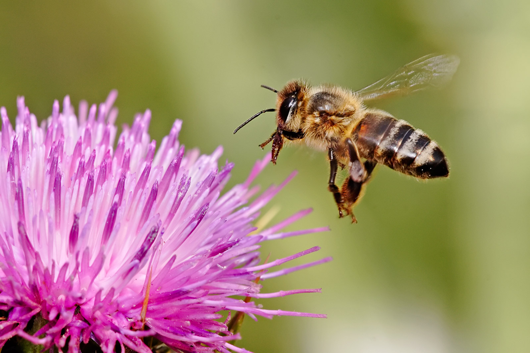HTA response to Defra National Pollinator Strategy
 |

The Defra National Pollinator Strategy for bees and other pollinators in England sets out proposals to safeguard these important insects given their role in pollinating many food crops and wild plants and their contribution to our food production and the diversity of our environment.
The HTA is broadly supportive of the strategy in that it identifies the need to gather more scientific evidence of the numbers and behaviour of the many types of bees, moths, butterflies and other types of pollinators, so that we can understand the roles they play and what is affecting them. HTA’s Head of Horticulture Raoul Curtis-Machin comments: “We have suggested that researching alternatives to neonicotinoids should be a top priority because many gardeners want to plant pollinating flowers. However, without neonicotinoids in horticultural production, our gardeners are also treated to pots full of vine weevil grubs and bitten leaves. “We also make the point that protected horticultural production should not be ignored because many glasshouse crops - strawberries for example - use managed hives of bees which they place in the glasshouse.” The HTA is recommending a holistic approach is taken to horticulture, farming and landscape management. There is a danger that to ban neonicotinoids outright might push farmers into using broad-spectrum pyrethroids as the next best thing, which may potentially be far worse for bees and pollinators.
 |
|